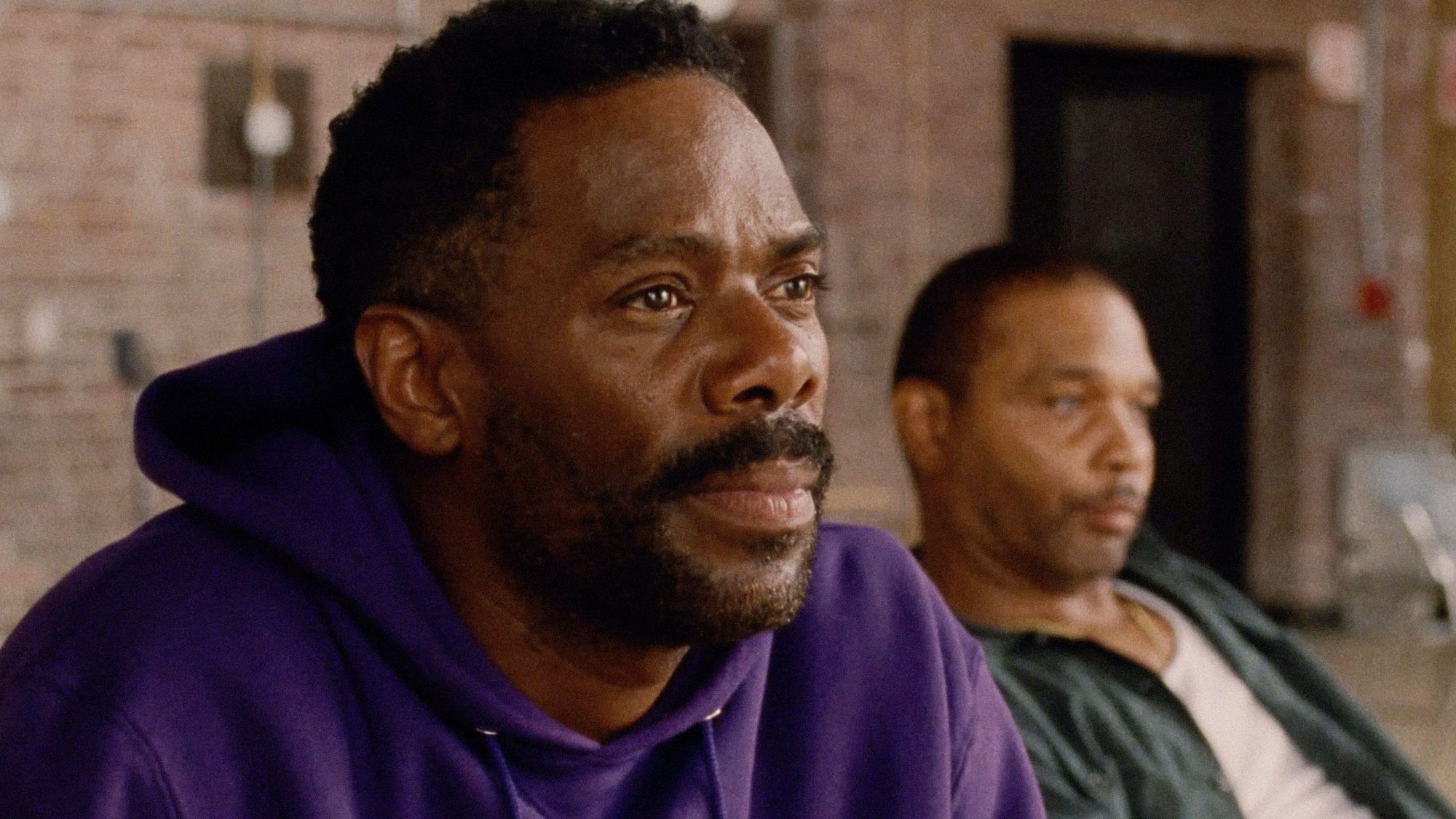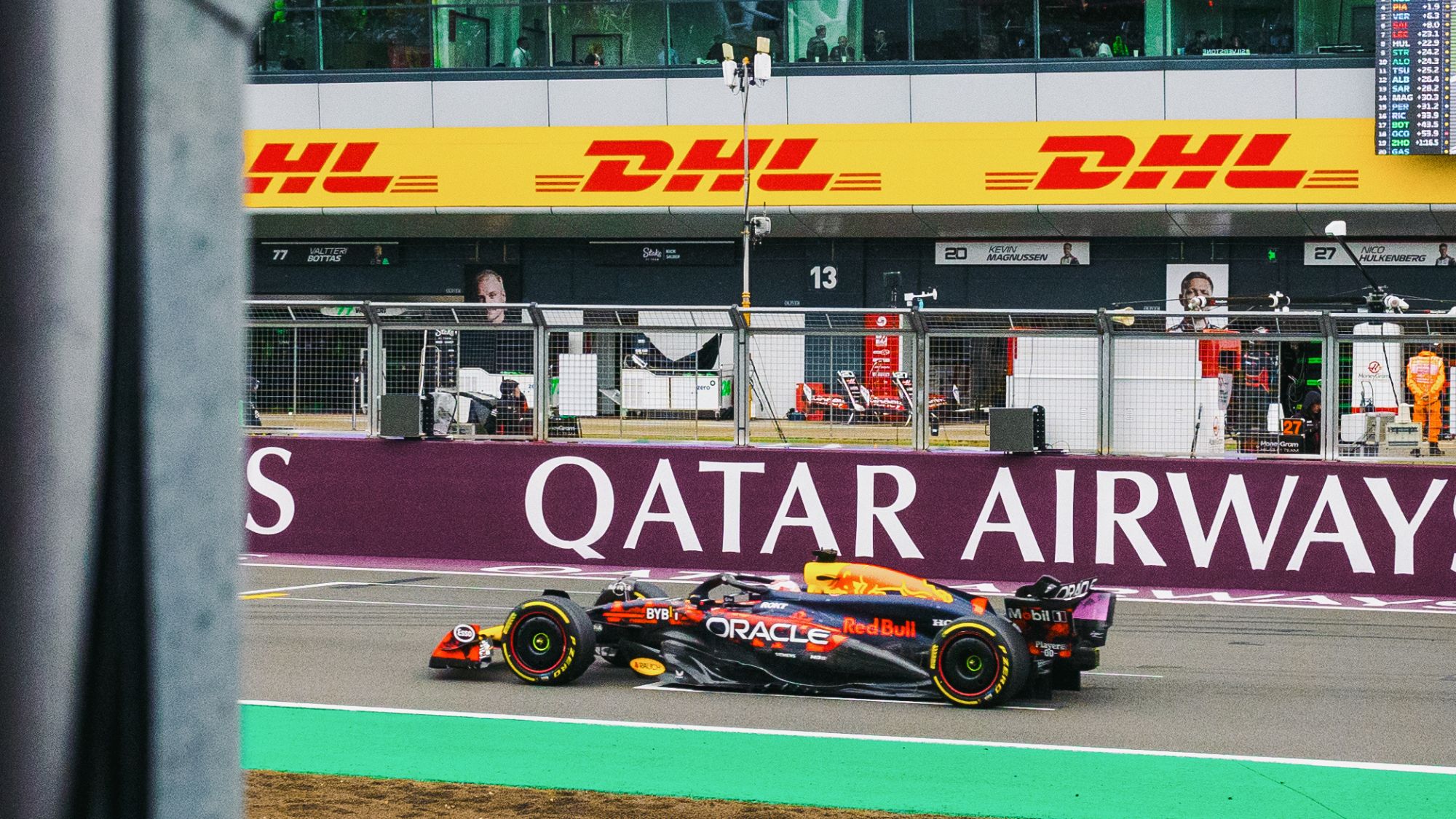Post Pop: East Meets West - reviews of 'bonkers' art show
Saatchi Gallery show on the global influence of Pop Art is 'fun, noisy and downright nutty'

A free daily email with the biggest news stories of the day – and the best features from TheWeek.com
You are now subscribed
Your newsletter sign-up was successful
What you need to know
A new exhibition of international contemporary art, Post Pop: East Meets West, has opened at the Saatchi Gallery, London. The exhibition explores the lasting influence of the 20th century Pop Art movement on art around the world, focusing on Pop-influenced work made over the past 40 years in the US, UK, the former Soviet Union and China.
The show features over 250 works by 112 artists including Jeff Koons, Cindy Sherman, Ai Weiwei, AES +F, Oleg Kulik, Gary Hume and Julian Opie, and compares and contrasts their use of imagery from mass culture sources including commercial advertising, news and political propaganda. Runs until 23 February.
The Week
Escape your echo chamber. Get the facts behind the news, plus analysis from multiple perspectives.

Sign up for The Week's Free Newsletters
From our morning news briefing to a weekly Good News Newsletter, get the best of The Week delivered directly to your inbox.
From our morning news briefing to a weekly Good News Newsletter, get the best of The Week delivered directly to your inbox.
What the critics like
There are "many intriguing, disconcerting and occasionally downright nutty moments" in this bonkers art-department-store exhibition, says Mark Hudson in the Daily Telegraph. You stagger out struck by a sense that nowadays art the world over is big, colourful, noisily entertaining and pretty much devoid of subtlety.
This "a refreshingly unprescriptive show", totally unrepressed by today's idea of cool, says Jonathan Jones in The Guardian. Like our time, this exhibition is fun, shocking and finally too much, but it's the best survey of contemporary art in any London gallery right now.
Much of the non-Western art remains little known in London but it "sheds light on the international allure of pop art", says Ben Luke in the Evening Standard. The Pop-inspired work from communist and former communist countries is surprising - wonkier, less polished and its aims are often very different - but what links it all is the artists' attempts to capture everyday stuff around them.
A free daily email with the biggest news stories of the day – and the best features from TheWeek.com
What they don't like
Not all of the work is likeable, but this is where we are and how we live, says Jonathan Jones in The Guardian. "The market pours forth wonders until they pall."
-
 How Democrats are turning DOJ lemons into partisan lemonade
How Democrats are turning DOJ lemons into partisan lemonadeTODAY’S BIG QUESTION As the Trump administration continues to try — and fail — at indicting its political enemies, Democratic lawmakers have begun seizing the moment for themselves
-
 ICE’s new targets post-Minnesota retreat
ICE’s new targets post-Minnesota retreatIn the Spotlight Several cities are reportedly on ICE’s list for immigration crackdowns
-
 ‘Those rights don’t exist to protect criminals’
‘Those rights don’t exist to protect criminals’Instant Opinion Opinion, comment and editorials of the day
-
 Friendship: 'bromance' comedy starring Paul Rudd and Tim Robinson
Friendship: 'bromance' comedy starring Paul Rudd and Tim RobinsonThe Week Recommends 'Lampooning and embracing' middle-aged male loneliness, this film is 'enjoyable and funny'
-
 The Count of Monte Cristo review: 'indecently spectacular' adaptation
The Count of Monte Cristo review: 'indecently spectacular' adaptationThe Week Recommends Dumas's classic 19th-century novel is once again given new life in this 'fast-moving' film
-
 Death of England: Closing Time review – 'bold, brash reflection on racism'
Death of England: Closing Time review – 'bold, brash reflection on racism'The Week Recommends The final part of this trilogy deftly explores rising political tensions across the country
-
 Sing Sing review: prison drama bursts with 'charm, energy and optimism'
Sing Sing review: prison drama bursts with 'charm, energy and optimism'The Week Recommends Colman Domingo plays a real-life prisoner in a performance likely to be an Oscars shoo-in
-
 Kaos review: comic retelling of Greek mythology starring Jeff Goldblum
Kaos review: comic retelling of Greek mythology starring Jeff GoldblumThe Week Recommends The new series captures audiences as it 'never takes itself too seriously'
-
 Blink Twice review: a 'stylish and savage' black comedy thriller
Blink Twice review: a 'stylish and savage' black comedy thrillerThe Week Recommends Channing Tatum and Naomi Ackie stun in this film on the hedonistic rich directed by Zoë Kravitz
-
 Shifters review: 'beautiful' new romantic comedy offers 'bittersweet tenderness'
Shifters review: 'beautiful' new romantic comedy offers 'bittersweet tenderness'The Week Recommends The 'inventive, emotionally astute writing' leaves audiences gripped throughout
-
 How to do F1: British Grand Prix 2025
How to do F1: British Grand Prix 2025The Week Recommends One of the biggest events of the motorsports calendar is back and better than ever